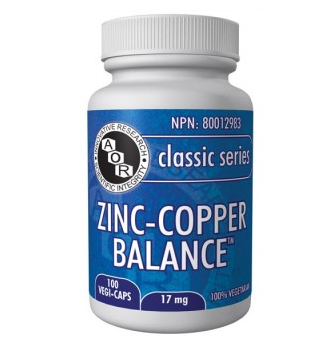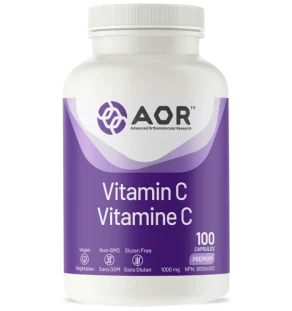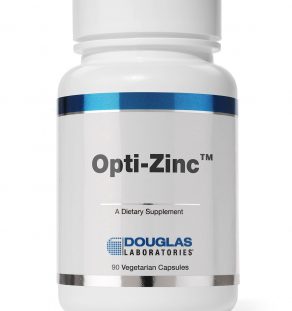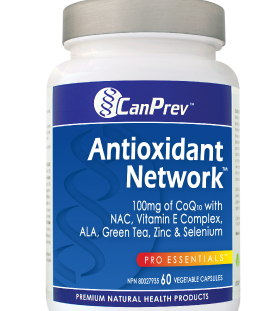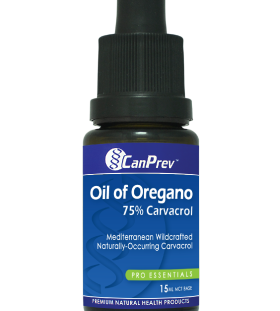A Balanced Ratio of Two Key Minerals
- Supports the immune system
- Avoids harmful excesses of zinc
- Improves cholesterol balance
- Antioxidant
Zinc and copper are essential minerals critical to the maintenance of good health and connective tissue formation. Zinc supplementation is known to cause copper deficiency. Zinc-Copper Balance provides a balanced ratio of zinc to copper, each in various forms in order to ensure optimal absorption.
100 Vegi-Caps
Serving Size: 1 Capsule
- Zinc 15 mg
- (Citrate, Malate, Succinate, Fumarate) Copper (Citrate, Malate) 2 mg
Key Features: Provides a balanced ratio of zinc and copper.
Suggested Use: Take 1 capsule daily with food, or as directed by a qualified health care practitioner.
Main Indication:
- Mineral deficiency
- Immune Support
- Antioxidant
Cautions: Take a few hours before or after taking other medications.
Pregnancy / Nursing None known.
Source: Pharmaceutical synthesis
Complementary Products: Ortho Minerals, Prostaphil-2, SeMet
Two Key Minerals
Zinc and copper are two essential minerals that are both commonly deficient in Western diets. Zinc is required for a number of aspects of metabolism, including helping with the function of many enzymes and supporting the immune system. Copper is also required by many important enzymes including ones that are involved in energy metabolism and antioxidant functions. Low levels of copper are thought to be linked to higher levels of cholesterol.
The Danger of Losing the Balance
Zinc and copper are both essential to health, but it is also essential for them to be balanced. Many supplements focus too much on zinc, which can create a copper deficiency by interfering with its absorption and metabolism. An excess of zinc can reduce levels of copper-based enzymes, including antioxidants, increase cholesterol levels and have a negative impact on skeletal health. Ironically, unbalanced zinc can even cause problems in the immune system.
The Right Ratio
AOR’s Zinc-Copper Balance is formulated to have the scientifically appropriate ratio of these essential minerals. This provides the health benefits of both nutrients while avoiding the pitfalls of unbalanced supplementation.
Zinc and copper are essential minerals critical to health. An ongoing study tracking the nutritional intake of Americans found that 75% of older American adults were found to be failing to reach the RDA for zinc, and none of them achieved even the minimum recommended intake for copper. Yet while the importance of zinc is widely recognized, copper’s crucial role in our health has often been discounted. An overemphasis on zinc has resulted in widespread, unbalanced zinc supplementation, which has serious implications for your long-term health.
Zinc and copper are so similar in their atomic structure that they can actually compete with one another, not only for absorption, but also for utilization in the body’s biochemical pathways. When your intake of zinc is too high relative to your copper intake, the excess zinc actually interferes with the activity of enzymes which depend on copper for their biological function. When copper is not properly incorporated into these enzymes, they can’t fulfill their biochemical duties.
Both animal and human evidence suggests that, for optimal utilization of both minerals, the balance between zinc and copper should be about ten-to-one. But it’s common for supplements containing these nutrients to include too much zinc, and little or no copper, with the result that many – perhaps most – zinc supplements and multivitamin and multimineral formulas contain potentially harmful zinc imbalances.
This isn’t just a theoretical concern. In a series of human studies, putting volunteers on a diet and supplement regimen in which the ratio between zinc and copper was 23.5-to-one (and sometimes lower) – common zinc-to-copper ratios, found in many multivitamins on health food store shelves – resulted in wide-ranging metabolic disturbances, including reduced levels of the copper-based antioxidants enzymes, increased total and LDL (“bad”) cholesterol, anemia, reductions in the body’s levels of enkephalins (natural pain-killing molecules), and cardiac dysfunction (including rhythm disturbances and even heart attacks!).
At the extreme, out-of control zinc supplementation impairs immune function, despite the fact that an adequate intake of zinc is necessary for normal immune function. One reason for this may be copper’s important role in immune function: one of the classic signs of ‘simple’ copper deficiency is depressed levels of white blood cells.
Over the long term, it seems that other problems linked to long-term, subclinical ‘simple’ copper deficiency – such as impaired bone metabolism, poor glucose metabolism, arthritis, neurological dysfunction, and increased levels of Advanced Glycation Endproducts (AGE) – would also manifest from a functional copper deficiency created by excessive zinc intake. The problem, of course, is not zinc supplements – but excessive or unbalanced zinc supplementation.
Excessive Zinc and Prostate Health
Many men take zinc supplements to support the health of their prostate, because the prostate has the highest levels of this mineral of any organ of the body, and most studies have found that low levels of zinc in the prostate are associated with benign prostatic hypertrophy (BPH) and prostate cancer. But one large new study found that extreme zinc oversupplementation is associated with a more than doubled risk of developing prostate cancer, especially if continued for more than 10 years.
This doesn’t mean that men concerned about prostate health should stop making sure that their zinc intake is adequate: there was no association of zinc supplement use and prostate cancer in men with more reasonable intakes of the mineral. But it does mean that the targets that we should aim for are the kinds of intakes typical of a healthy diet.
*Prices and product availability are subject to change without notice. All specials and promotions limited to stock on hand.
*These statements have not been evaluated by the Food and Drug Administration. These products are not intended to diagnose, treat, cure, or prevent any disease.


